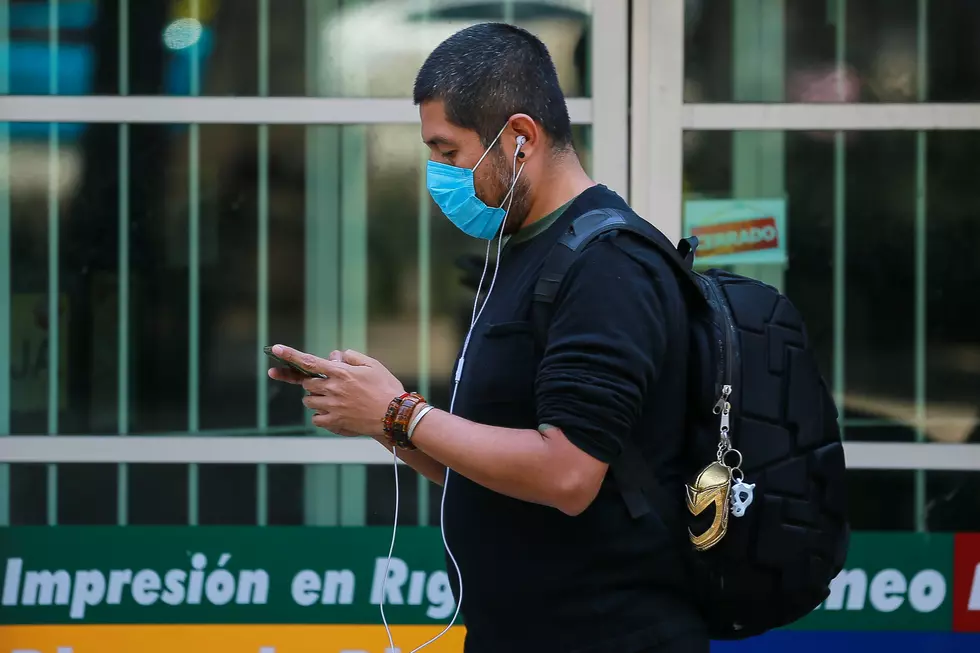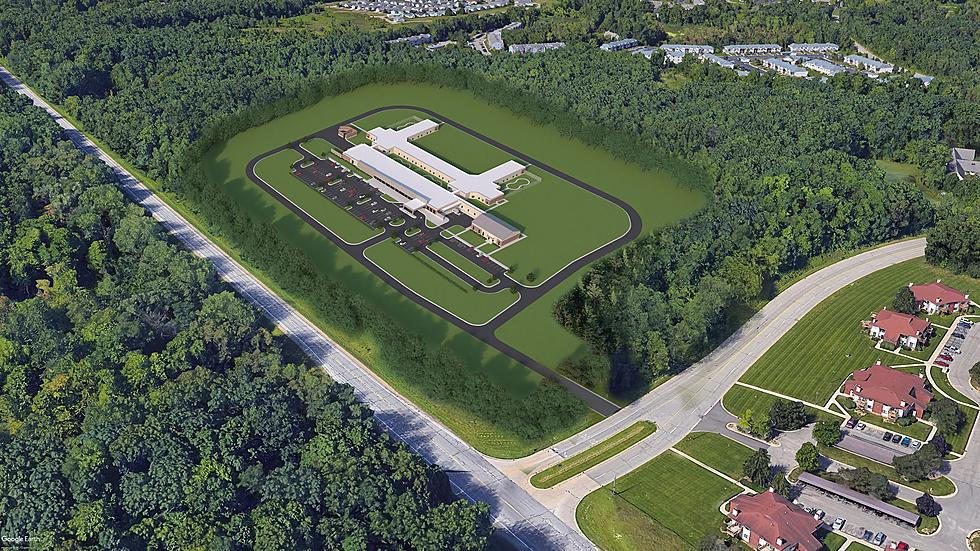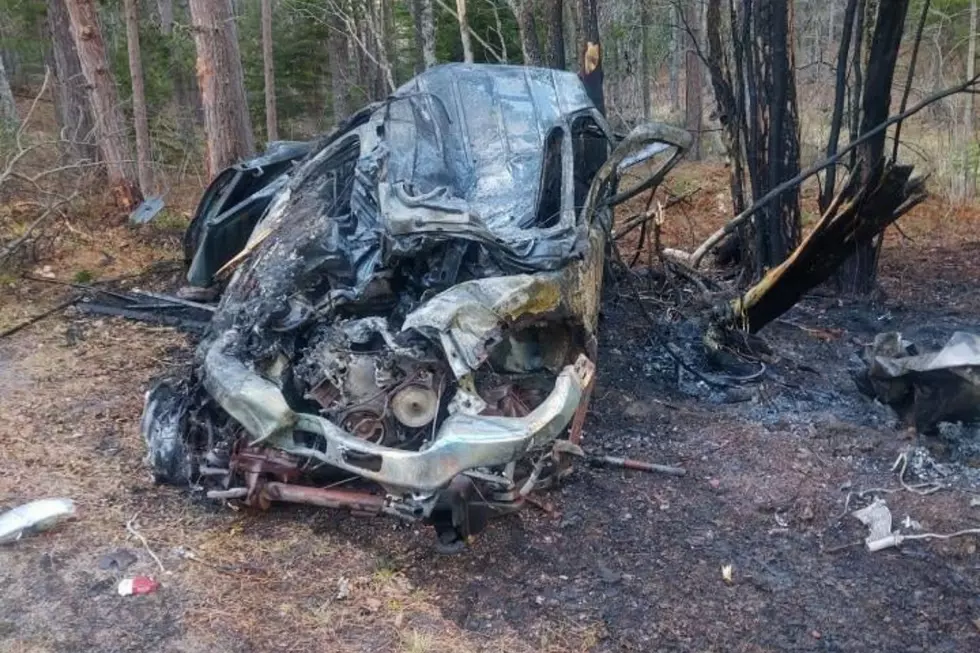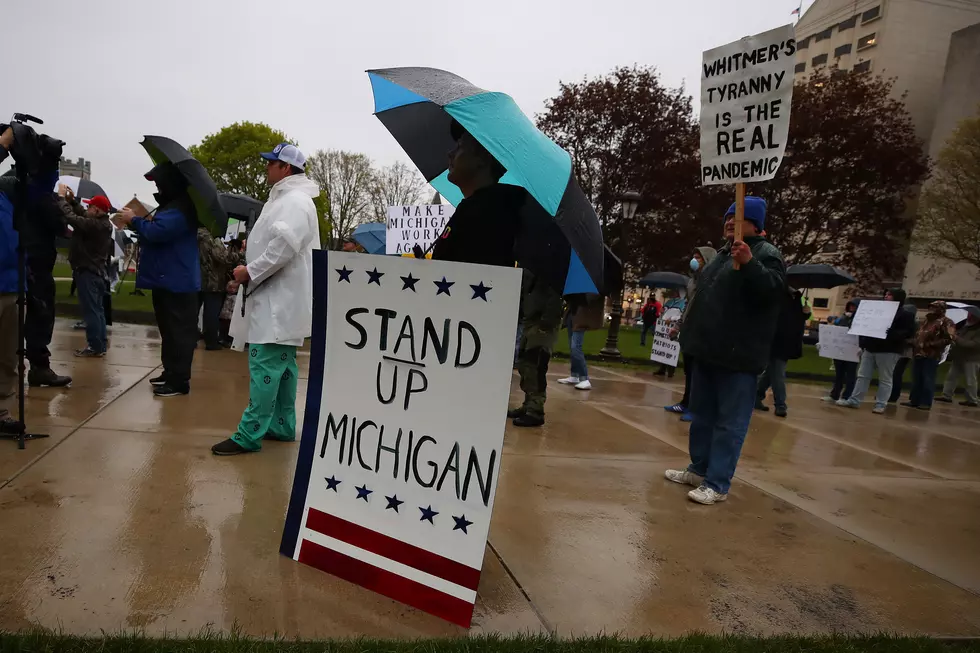
Will A Mental Health Crisis Text Line In Michigan Really Work?
Many experts in the field of mental health have been telling the world that the closure of much of the economy leading to many unemployed people will lead to an increase in mental health issues.
CNN reported:
The Disaster Distress Helpline, a federal crisis hotline, has seen a huge spike in calls of people seeking help recently. The national helpline, ran by the at the Substance Abuse and Mental Health Services Administration (SAMHSA), provides counseling for people facing emotional distress during times of natural and human-caused disasters.
In March, the helpline saw a 338% increase in call volume compared with February, according to spokesperson with the agency. And compared to last year for the month of March, they had an 891% increase of calls.
Due to this issue, the state of Michigan has set up a text hotline for people to receive mental health support.
Counselors will be available 24 hours a day, seven days a week to help Michiganders cope with any mental health crisis, including anxiety, financial stress, suicidal thoughts and domestic violence. Allen Jansen, a deputy director at MDHHS, said in a statement:
With the COVID-19 pandemic and related financial hardships, we know that, now more than ever, Michigan residents are coping with stress and anxiety that can result in a mental health crisis
If you are in need of help Texting “RESTORE” to 741741 will launch a confidential text conversation with a crisis counselor as part of the Michigan Department of Health and Human Services.
I have a question for anyone who deals with people who have mental health issues. Do you think that having a service as impersonal as texting can really help people who are in such a time of need that they are attempting to reach out to a professional? I understand it is better than nothing but is that what we are attempting to achieve, something that is better than nothing.
According to the statement from MDHHS whatever conversations you have via text messaging with your crisis counselor are supposed to be confidential but officials in state government will receive trend data “to understand the need for any additional services”.
The statement went on to give resources for the people of Michigan they include:
- The Headspace website, which provides free, evidence-based guided meditations. It includes at-home workouts that guide people through mindful exercise (a type of meditation in which participants focus on being intensely aware of what they are sensing and feeling in the moment), sleep assistance, and children’s content to help address rising stress and anxiety. The resource is free and available to the public. Go to www.HeadSpace.com/MI.
- The National Suicide Prevention hotline. People considering suicide are urged by MDHHS to contact the or the National Suicide Prevention Lifeline 24/7 at 800-273-8255.
- The Disaster Distress Helpline for anyone in distress pertaining to the COVID-19 crisis. It is available 24 hours a day, seven days a week at 800-985-5990.
- The statewide “Warmline” for Michiganders living with persistent mental health conditions connects people with certified peer support specialists who have lived experiences of behavioral health issues, trauma or personal crises, and are trained to support and empower the callers. The warmline operates seven days a week from 10 a.m. to 2 a.m. at 888-PEER-753 (888-733-7753).
Additional information about all of these resources can be found on the MDHHS Stay Home, Stay Well webpage, www.michigan.gov/StayWell.
The Live with Renk show airs Monday through Friday 9 a.m. to noon, to let me know your thoughts call (269) 441-9595
READ MORE: Here are 10 ways to help others who are struggling right now
More From WBCKFM









